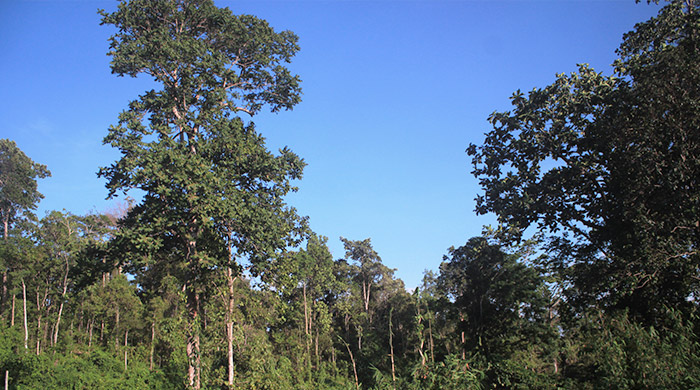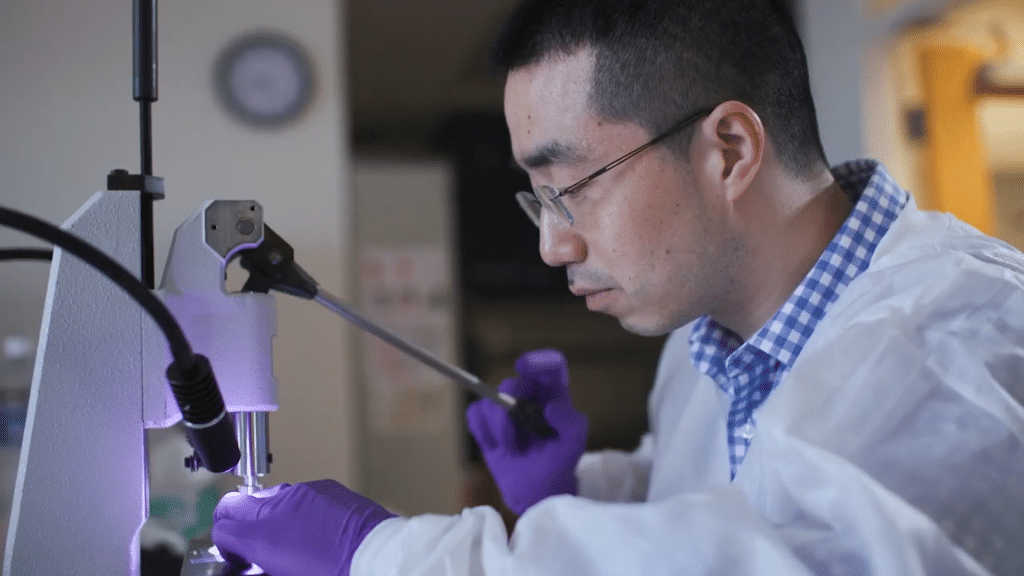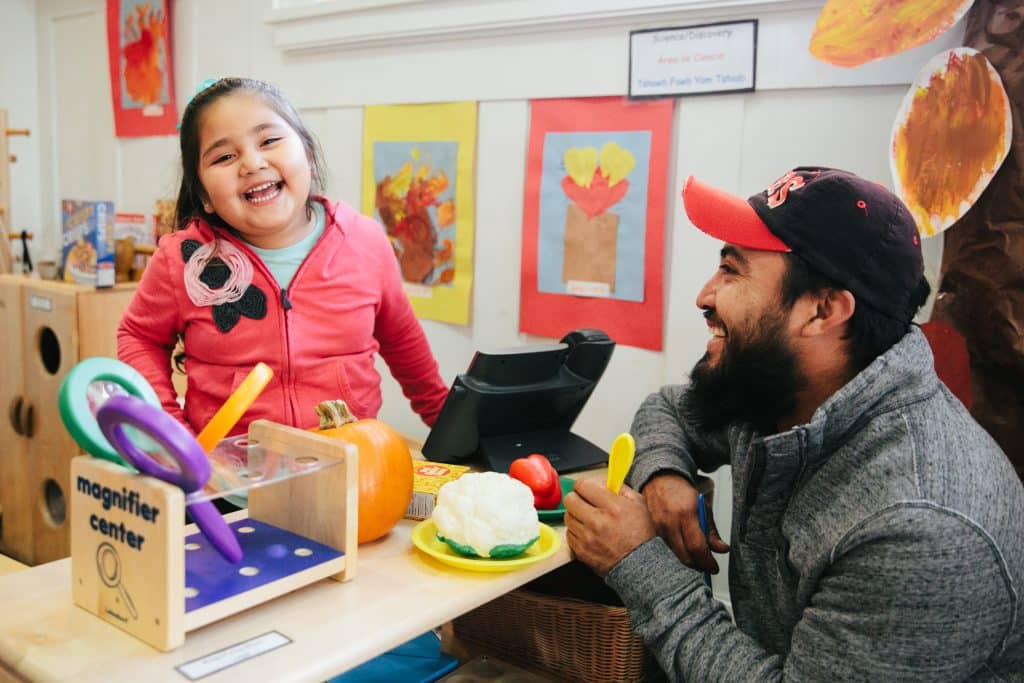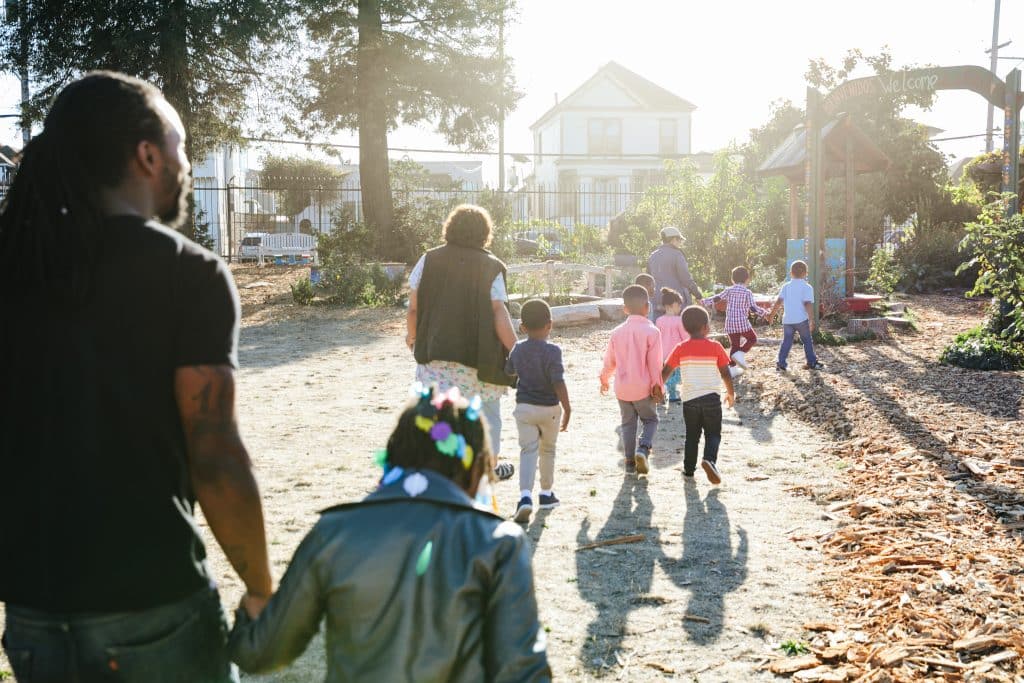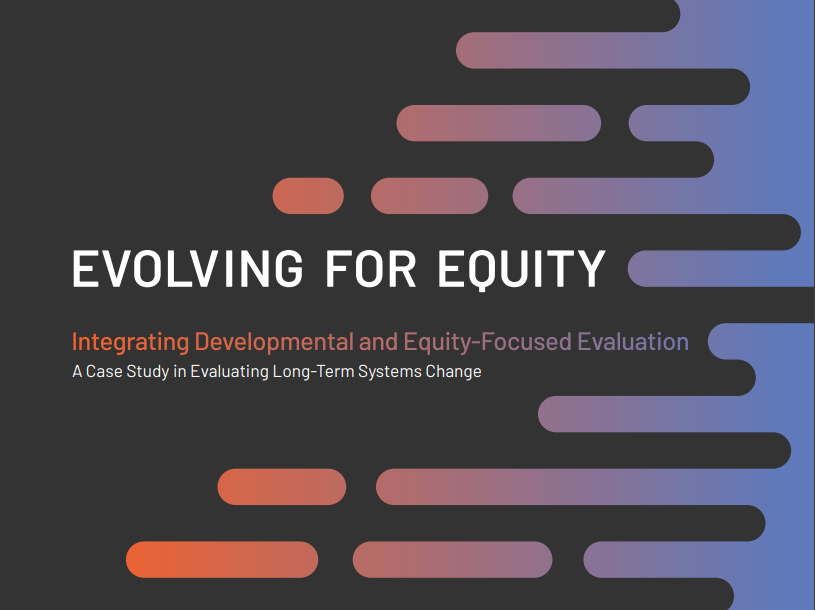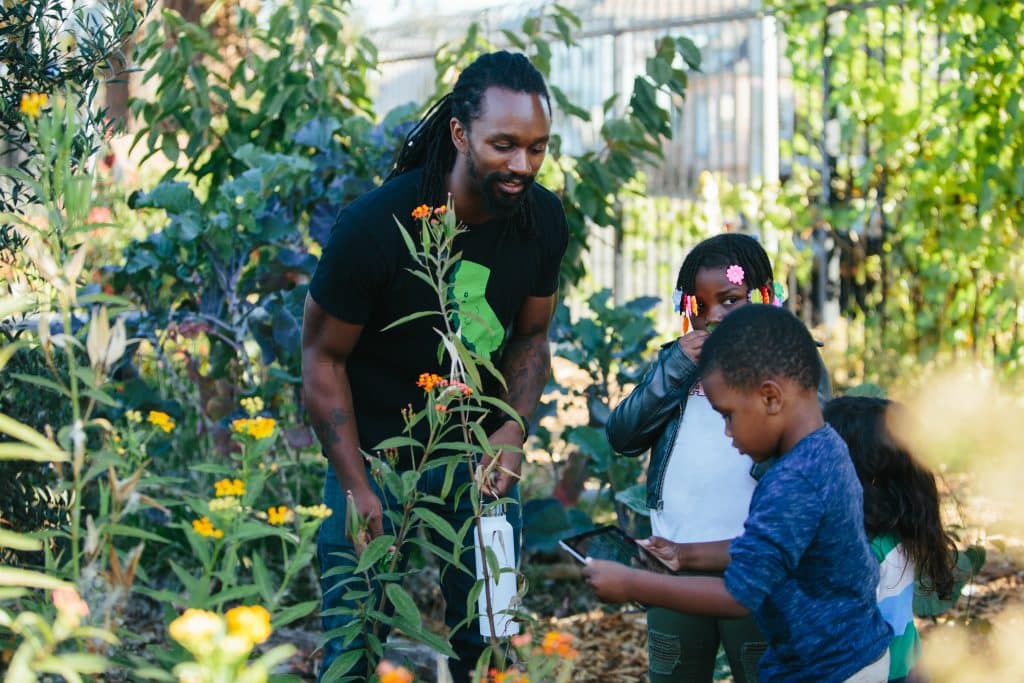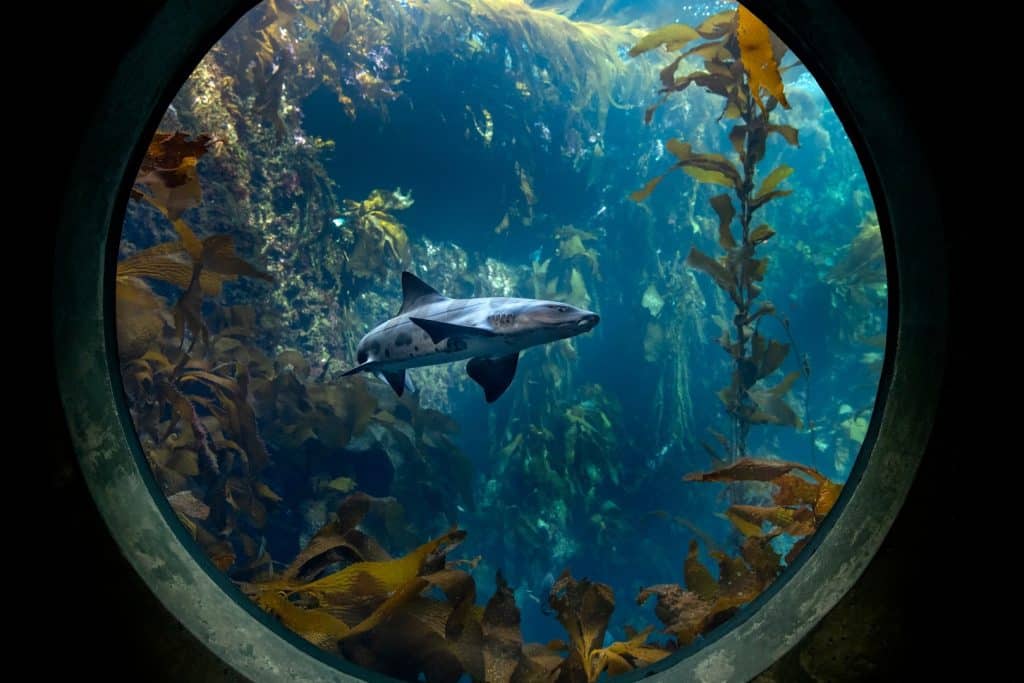In January 2020 the David and Lucile Packard Foundation will launch a new five-year, $7.5 million-per-year Agriculture, Livelihoods, and Conservation (ALC) grantmaking strategy.
Formerly a grantmaking pilot, ALC is now a formal strategy involving the Foundation’s Conservation and Science program and Population and Reproductive Health program. ALC will continue its work supporting organizations and leaders focused on small-scale farmers in tropical forest areas. These smallholder farmers are working to protect the planet’s rich biodiversity while building thriving economic futures for their communities.
“The pilot phase confirmed that there are many creative solutions around the globe that enhance the livelihoods of smallholder farmers and rural communities while maintaining the biodiverse forests and ecosystem services that they rely on,” says Walt Reid, Program Director of the Foundation’s Conservation and Science program. “We are eager to dig in with more long-term investments, applying what we’ve learned to a targeted approach that supports both people and planet.”
Moving forward, ALC will continue to support groups of people that are at the nexus of this delicate balance, namely, smallholder farmers, women, young people, and Indigenous communities. ALC will also maintain its focus on specific geographies, with a few adjustments.
For example, in Ethiopia, ALC will continue to support solutions around smallholder farmers in the southwest of the country within the Eastern Afromontane biodiversity hotspot. It will also work more closely with the Foundation’s Population and Reproductive Health (PRH) program to explore ways to support efforts to improve reproductive health and agricultural livelihoods for women and young people.
“The Afromontane forests are a unique and crucial biological resource for all of Ethiopia and the world,” says Million Belay, Founder of MELCA-Ethiopia and a General Coordinator of the Alliance for Food Sovereignty in Africa. “But what’s great about ALC’s approach is that it also focuses on the communities in and around those forests, especially on women and young people, who play such an important role in Ethiopia.”
In Indonesia, ALC will continue to carry out grantmaking in areas of extremely high biodiversity value, where the local forest-dependent communities are pursuing their own aspirations for economic and conservation success.
“Indonesia holds so much untapped agricultural potential to improve community livelihoods beyond subsistence farming, especially in forest areas,” says Dewi Suralaga, Lead Consultant for Indonesia Coordination at the Climate and Land Use Alliance, “As Indonesia pursues green economy development, ALC’s support will be very important, as it strategically connects work across fields that are all too often insufficiently linked.”
In addition to grantmaking in Ethiopia and Indonesia, ALC’s strategy will include a Learn & Build portfolio to support solutions at the intersection of smallholder farmers and conservation in tropical forest areas. The aim of that portfolio is to reinforce and expand upon the success of others while building connections across the globe.
“I’m excited that we’ve built the Learn & Build portfolio into our strategy,” says Kai Carter, ALC program officer. “It will help us continue to support innovative solutions and share our learning with others working in this space.”
In 2012, the David and Lucile Packard Foundation’s Board of Trustees launched seven years of research and exploratory grantmaking in food and agriculture. This included a three-year pilot period of investments examining agriculture and livelihoods in Indonesia, Ethiopia, and the Democratic Republic of Congo, guidance from an advisory council composed of members of the Foundation’s Board of Trustees and issue area experts, and engagement with smallholder farmers, grantee partners, and experts in the field. The pilot period ends in 2019, and the new strategy will launch in January 2020.
For more information, please visit Packard.org
